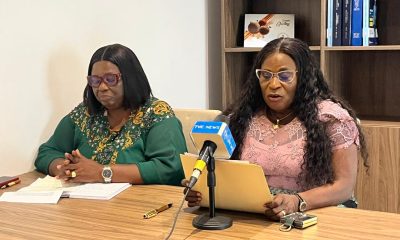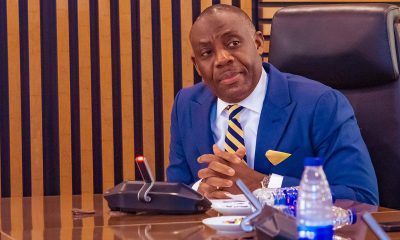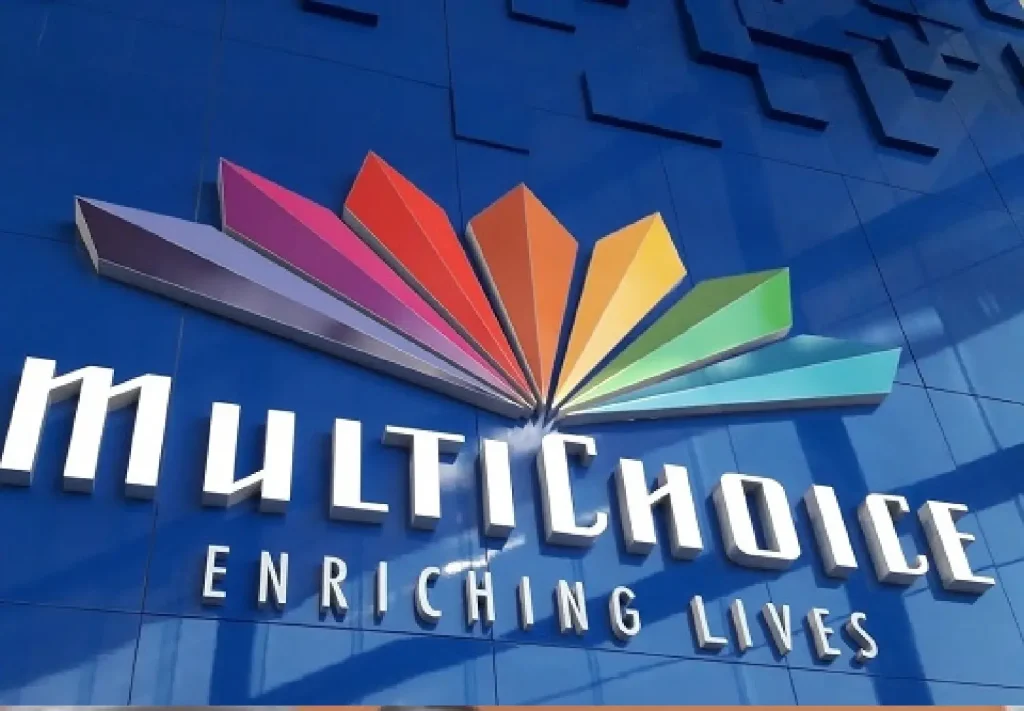Multichoice Group, the prominent South African Pay-TV operator, has reported a significant subscriber loss in its Nigerian unit, Multichoice Nigeria, as the company navigates one of its most challenging economic periods.
In its Interim Financial Results for the six months ending September 30, 2024, released on Tuesday, Multichoice disclosed that its DStv and GOtv services in Nigeria suffered a decline of 243,000 subscribers between April and September this year.
The company attributed this sharp reduction to Nigeria’s soaring inflation rate, which surpassed 30%.
The surge in consumer prices, driven primarily by the escalating costs of food, electricity, and fuel, has left many households unable to maintain discretionary expenses, such as Pay-TV subscriptions.
This financial pressure compounded a broader trend identified earlier in Multichoice’s report for the fiscal year ending March 2024, which noted an 18% drop in Nigerian subscribers.
Multichoice’s challenges extended beyond Nigeria, impacting its broader Rest of Africa operations.
The group reported an overall subscriber loss of 566,000 across the continent during the six-month period, although this marked a slowdown compared to the 803,000 subscribers lost in the previous half-year.
Zambia, alongside Nigeria, was particularly affected, with Zambia seeing a decline of 298,000 subscribers due to severe power outages resulting from prolonged droughts that led to daily blackouts of up to 23 hours.
READ ALSO: Multichoice Nigeria challenges Court order on pay-per-view subscriptions
Calvo Mawela, CEO of the Multichoice Group, commented on the daunting conditions faced by the company: “These are some of the most challenging operating conditions we have encountered in almost 40 years.”
Mawela emphasized that currency volatility over the past 18 months had severely dented the group’s profitability, cutting nearly R7 billion from its earnings.
In response to these financial headwinds, Multichoice has undertaken strategic measures to streamline operations and realign its cost base to current economic and industry realities.
Mawela pointed out that despite these challenges, the group has been proactive in stabilizing its financial position: “We expect to return to a positive net equity position by the end of November this year, bolstered by strategic initiatives and developments.”
He reassured stakeholders that Multichoice’s liquidity remains robust, with over ZAR10 billion in available funds.
The company is also adapting to the competitive landscape shaped by streaming services, social media, and evolving viewer habits.
Showmax, Multichoice’s streaming service, reported a 50% year-on-year increase in its paying customer base, highlighting the group’s efforts to engage more actively in the streaming market.
Mawela disclosed that Multichoice invested an additional ZAR1.6 billion in Showmax during the reporting period to enhance its growth potential.
Inflationary pressures in Nigeria have also led to a series of price hikes on Multichoice’s DStv and GOtv packages, sparking public and legal backlash.
In April and November 2023, and again in April 2024 with implementation in May, the company raised prices three times within a year.
Ahead of the most recent increase, the Competition and Consumer Protection Tribunal (CCPT) in Abuja intervened, ordering Multichoice to halt the implementation after a consumer complaint.
Despite the tribunal’s ruling, Multichoice proceeded with the price adjustments, leading to a fine of N150 million for defying the court’s authority.
Additionally, the tribunal ordered the company to provide a one-month free subscription to affected customers as part of its June verdict.
As Multichoice continues to grapple with economic and regulatory pressures in key African markets, its strategic shifts and investments will be critical in maintaining resilience and navigating an increasingly complex media landscape.

 Latest1 week ago
Latest1 week ago
 Business7 days ago
Business7 days ago
 Business1 week ago
Business1 week ago
 Latest1 week ago
Latest1 week ago
 Education1 week ago
Education1 week ago
 Football1 week ago
Football1 week ago
 Business7 days ago
Business7 days ago
 Latest7 days ago
Latest7 days ago

